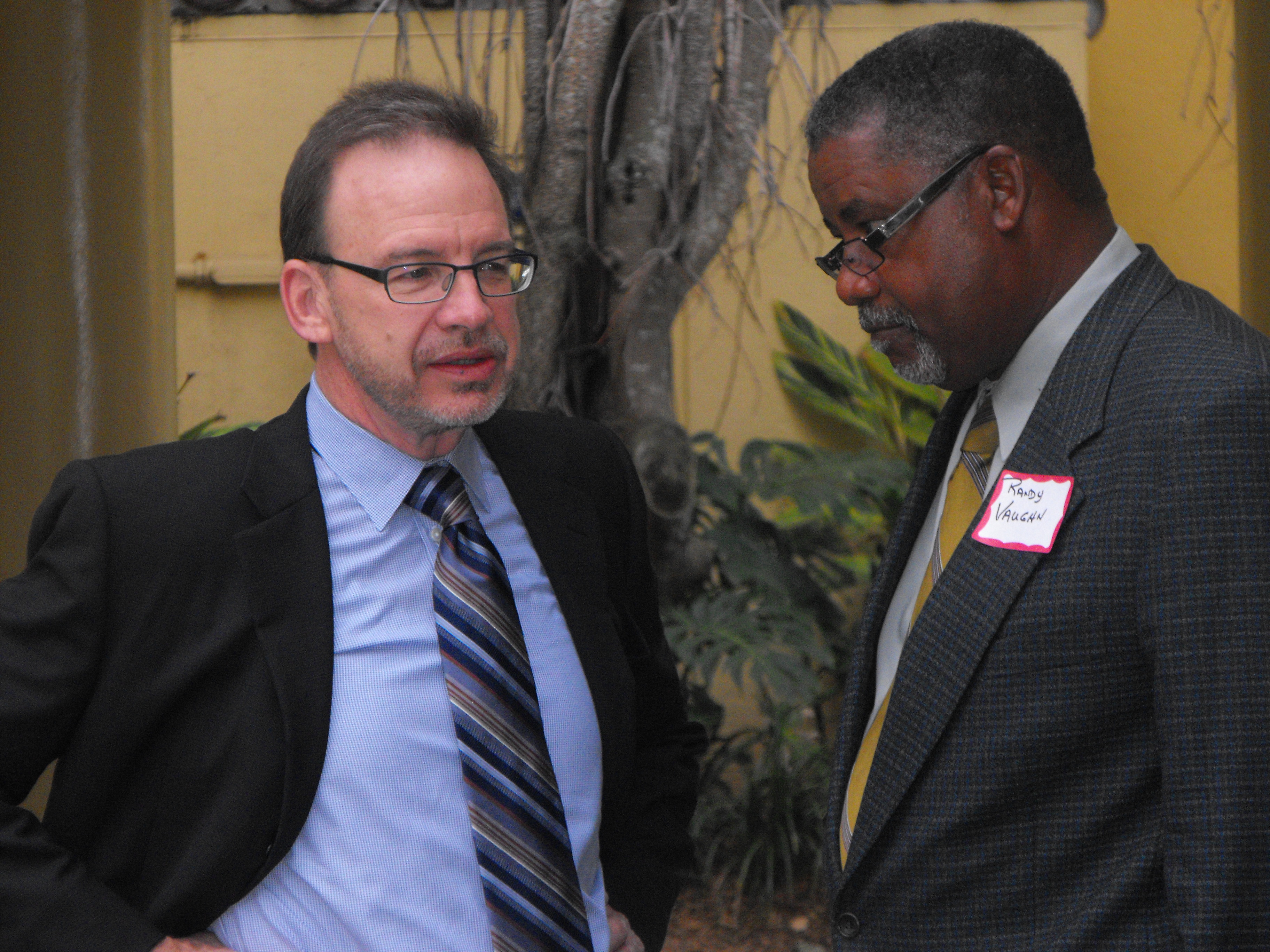
In collaboration with both state and national partners, the Department of Homeland Security’s Center for Faith-based and Community Initiatives recently met with leaders in Miami, FL to rollout a project to prepare diverse populations for disaster. As this project is implemented, it will explore the best ways these populations’ assets can make their community more resilient from any form of disaster.
Rev. Dr. Randy G. Vaughn, director of the Office of Disaster Management of the National Baptist’s Convention, USA, Inc. was one of the more than 85 people attending the event. “I commend DHS for giving leadership to Building Resilience with Diverse Communities and for selecting Miami/Dade as the place for such a study. Engaging faith communities and other diverse communities with government will provide unheard voices the opportunity to speak and be recognized in helping to alleviate problems experienced by underserved communities in disasters and other catastrophic events,” said Rev. Vaughn.
Often, diverse communities are the most vulnerable and the least able to bounce back quickly and healthily. To make real progress in building disaster resilience in communities, there must be improvements in how stakeholders are engaged. That means reaching out to communities who need the most support and to the people who know how to make that support work. Individuals in need of additional assistance may include, but are not limited to, those who have disabilities or disadvantaged in terms of transportation.
The project will be implemented in three phases:
- Engage selected communities in Miami-Dade County to assess strengths, assets, barriers and challenges that faith-based and community groups encounter as they assist diverse populations;
- Research and conduct an analysis of the social networks in these communities; and
- Develop a replicable model (or “how-to toolkit”) that faith-based and community organizations can use to strengthen their ability to serve diverse populations.
“Many of the groups we’re reaching out to are already serving their constituencies,” says Dr. Jannah Scott, Deputy Director of the Office of Faith-Based and Community Initiatives. “But with the proper training and coordination with local Voluntary Organizations Active in Disaster (VOAD) and state and local emergency management and public safety officials, they can be an even greater asset.”
The first phase of the project is expected to be completed in May 2010.
Joshua DuBois is the Director of the White House Office of Faith-based and Neighborhood Partnerships


